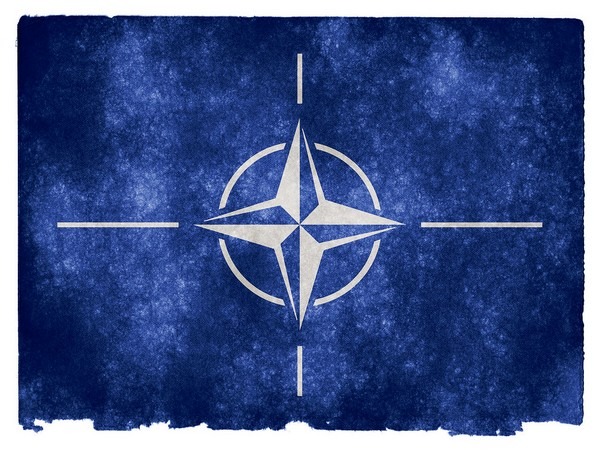We will not be intimidated by Russia's nuclear threats, NATO tells Moscow
"Russia's nuclear rhetoric is dangerous, reckless, and they know that if they use (a) nuclear weapon against Ukraine, it will have severe consequences." The meeting was the first large NATO gathering since Moscow announced it would annex several Ukrainian territories, began a partial mobilisation and issued veiled nuclear threats, moves NATO has classified as a clear escalation of the war that started when Russia invaded Ukraine on Feb. 24.

NATO will closely monitor Russia's upcoming nuclear exercise but not be cowed into dropping support for Ukraine by Moscow's veiled nuclear threats, the alliance's chief said on Thursday. "We will not be intimidated," NATO Secretary-General Jens Stoltenberg told reporters after a two-day meeting of the alliance's defence ministers. "Russia's nuclear rhetoric is dangerous, reckless, and they know that if they use (a) nuclear weapon against Ukraine, it will have severe consequences."
The meeting was the first large NATO gathering since Moscow announced it would annex several Ukrainian territories, began a partial mobilisation and issued veiled nuclear threats, moves NATO has classified as a clear escalation of the war that started when Russia invaded Ukraine on Feb. 24. Attacks on the Nord Stream pipelines under the Baltic Sea also heightened tensions as Europe is suffering from an energy crunch after Moscow largely cut off its gas supplies.
Russian military setbacks in Ukraine have raised concerns President Vladimir Putin might follow through on threats to use nuclear weapons. Stoltenberg said NATO would monitor Russia's annual nuclear drills very closely, as it has done for decades, and remain vigilant "not least in light of the veiled nuclear threats and the dangerous rhetoric we have seen from the Russian side".
The NATO chief was apparently referring to Russia's annual Grom exercise that normally takes place in late October and in which Russia tests its nuclear-capable bombers, submarines and missiles. NATO has vowed to go ahead next week with its own annual nuclear preparedness exercise dubbed "Steadfast Noon", in which NATO air forces practise how to use U.S. nuclear bombs based in Europe with training flights, without live weapons.
Cancelling the drills because of the war in Ukraine would have sent a "very wrong signal," Stoltenberg said on Tuesday. On Wednesday, a senior NATO official said a Russian nuclear strike on Ukraine would "almost certainly be drawing a physical response from many allies, and potentially from NATO itself".
Stoltenberg warned Moscow of "severe consequences" should it use any kind of nuclear weapon against Ukraine but declined to give any details on NATO's potential response. The NATO chief said a nuclear strike would fundamentally change the nature of the conflict and signify the crossing of a very important line.
"Even the use of a smaller nuclear weapon will be a very serious thing and fundamentally changing the nature of the war in Ukraine," he noted. EU foreign policy chief Josep Borrell, speaking in Bruges, warned "any nuclear attack against Ukraine will create an answer, not a nuclear answer but such a powerful answer from the military side that the Russian army will be annihilated, and Putin should not be bluffing."
Like Stoltenberg, U.S. Defense Secretary Lloyd Austin also declined to speculate how NATO might respond to a nuclear strike, calling Russia's threats "reckless" and "irresponsible." "As I look at indications and warnings, I don't see any need to make any changes to what we're doing right now," he told a news conference.
He spoke after attending a closed-door meeting of NATO's nuclear planning group, which reviews and sets the alliance's nuclear policy. U.S. National Security Adviser Jake Sullivan said last month the United States has made clear to Moscow the "catastrophic consequences" it would face if it used a nuclear weapon in Ukraine.
Read more: Russia begins evacuating civilians from Ukraine's Kherson
(This story has not been edited by Devdiscourse staff and is auto-generated from a syndicated feed.)
ALSO READ
Oman's foreign minister says the next round of talks between the United States and Iran will be Thursday in Geneva, reports AP.
Tense Global Relations: South Korea's NATO Arms Dilemma
IT Minister says 70 nations already on board as signatories to Delhi declaration; tally should cross 80 by tomorrow when event concludes.
Senator Schumer Denounces Trump's Tariff Measures as 'Illegal'
Eric Dane: A Life Remembered Beyond 'Grey's Anatomy'









